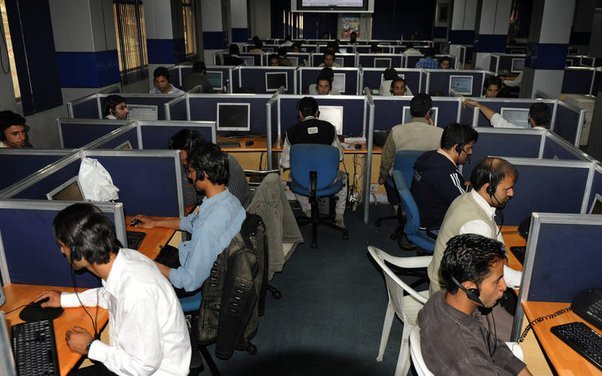The world is full of scams but South Asia seems to have a bigger share of them than the rest of the world. Pakistan and India both neighboring countries have successfully made it to the list of most online scammers in the world.
In today’s digital world, it’s important to be aware of the potential risks of internet scams especially if you are living in a South Asian third-world country. With the rise of online shopping, social media, and digital banking, it’s becoming increasingly easier for criminals to hide behind a screen and target unsuspecting victims.
Pakistan
According to Banking Mohtasib Pakistan, it received 37,364 complaints of financial scams in 2021, which marked a 46% increase from the year 2020. In 2022, Banking Mohtasib Pakistan registered a total of 19,670 complaints.
Though Pakistan is not very advanced in terms of tech and IT advancements but its scamming, hacking, and online fraud portfolio is not very modest. Almost all of Pakistan’s banks were hacked in 2018 and huge sums of money were stolen from people’s accounts by the perpetrators.
The cyber-security incident exposed over 19,000 card details from 22 Pakistani banks. Among these, krebsonsecurity.com reported that over 8,000 account holders from roughly ten Pakistani banks had lately been sold on the dark web.
Financial scams and other frauds in Pakistan have become very common these days. Many people are robbed of their money every day by scammers through many methods.
Those responsible for such activities are professional scammers who mask their IP addresses and call from bank-like UAN numbers to acquire sensitive information and then use it to acquire further account details from banks. They usually operate from rural areas and trap poor people through various schemes that often involve stealing their identity to buy SIM cards.
Given the situation, both private and state-owned banks should invest in upgrading the banking system and rely on enhanced security measures, such as anti-skimming devices, to protect their customers from scammers and fraudsters.
The State Bank of Pakistan also needs to play its due role in this regard. Meanwhile, the public should be advised repeatedly never to give their bank-related details to anyone who asks on social media texting, or messaging apps.
Hackers stole the personal information of 260,000 users from a Pakistani music streaming site in January 2021. In August 2021, hackers attacked Pakistan’s largest data center controlled by the Federal Board of Revenue (FBR) and managed to crack the hyper-V software by Microsoft, shutting down all the official websites operated by the tax machinery.
India
No foreigner has visited India without encountering a scam or finding someone trying to defraud them. With the rise of online scams all over the world, India is no exception. In fact, India has seen an alarming increase in online fraud over the past few years.
From fake websites to phishing emails and other devious schemes, it is important to understand the different tactics used by cybercriminals in India
India is ranked 2nd in the ranking of the top camming countries only below Nigeria.
It is widely acknowledged that UPI is the most common way to make day-to-day payments in India. Now, a lot of people are still foreign to the concept, but some marketplaces that allow people to sell pre-owned belongings are starting to see an influx of UPI frauds.
Many local and international users have fallen prey to online scammers and have lost tons of money. Several other UPI frauds, including impersonation, phishing, and OTP access, are spreading like wildfire. Scammers end up impersonating businesses and notable merchants and ask unsuspecting customers to pay in advance or even connect with you using a UPI handle that looks as if it were an official account.
Read More:












